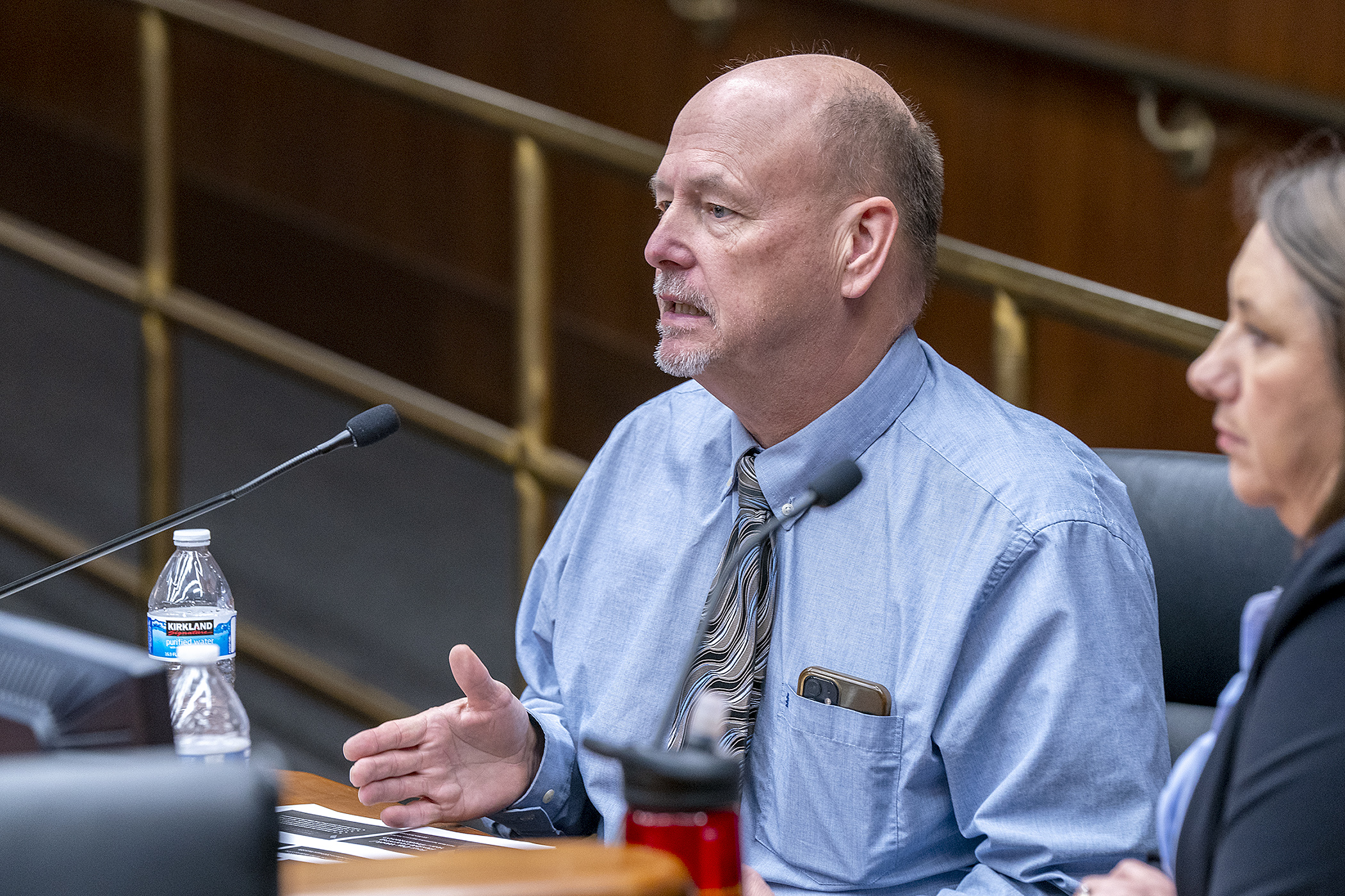School boards — not education commissioner — could approve four-day school weeks

The same amount of learning in one less day.
Sponsored by Rep. Dave Baker (R-Willmar), HF1242, as amended, would give local school boards the power to implement, or terminate, a four-day school week without approval by the Department of Education. The annual school calendar would still need to meet the hours of instruction requirements for students.
The House Education Policy Committee laid the bill over Wednesday.
Twenty-nine school districts in Minnesota now have some form of a flexible learning year schedule, with six of those having a four-day school week.
The Belgrade-Brooten-Elrosa school district has had a four-day school week since 2011, when their current seniors were kindergarteners. While the district has saved money and enrollment is up, Superintendent Patrick Walsh said student test score results have remained about the same and attendance improvement is not as much as expected.
“Our cost savings … is about 5% of our budget,” he said. “You think about 5% of your budget over 14 years, that’s about $3 million. It’s managed to save the district financially.”
[MORE: See Walsh’s presentation]
Jeanna Lilleberg, chair of the Atwater Cosmos Grove City School Board, said the four-day school week has become the identity of her district.
“I’ve had parents tell me that if you take this away from us, we will riot in your front yard,” she said.
The district uses the fifth day of their week for teacher training and makeup credit recovery for students, among other things, she said.
The Education Department is currently required to approve a school board’s application for a four-day school week or flexible learning year schedule, but it is no longer taking applications.
“I’m excited about this (bill), and I think we need to bring this to a larger scale,” Baker said. “If others think this is right for them, this bill simply brings it to the local school boards for the decision and the process that it takes to consider this for their school district.”
Adosh Unni, government relations director for the Department of Education, has concerns about removing it from the decision-making process.
“The goal is to maintain a consistent statewide expectation around some of these services and access to resources that we provide for our students and families and educators,” he said.
Unni cited access to meals on non-instructional days, access to school-age care, child care access, special education services for students and the economic impact a four-day week would have on hourly workers among concerns about the bill.
While a school board's annual school calendar can plan for up to five days of online instruction due to inclement weather, it must include:
- at least 425 hours of instruction for a kindergarten student without a disability;
- 935 hours of instruction for a student in grades 1 through 6;
- 1,020 hours of instruction for a student in grades 7 through 12, not including summer school.
- at least 850 hours of instruction for the school year for all day kindergarten;
- at least 350 hours of instruction for the year for a prekindergarten student, if offered by the district; and
- at least 165 days of instruction for a student in grades 1 through 11 unless a four-day week schedule is implemented.
Related Articles
Search Session Daily
Advanced Search OptionsPriority Dailies
Speaker Emerita Melissa Hortman, husband killed in attack
By HPIS Staff House Speaker Emerita Melissa Hortman (DFL-Brooklyn Park) and her husband, Mark, were fatally shot in their home early Saturday morning.
Gov. Tim Walz announced the news dur...
House Speaker Emerita Melissa Hortman (DFL-Brooklyn Park) and her husband, Mark, were fatally shot in their home early Saturday morning.
Gov. Tim Walz announced the news dur...
Lawmakers deliver budget bills to governor's desk in one-day special session
By Mike Cook About that talk of needing all 21 hours left in a legislative day to complete a special session?
House members were more than up to the challenge Monday. Beginning at 10 a.m...
About that talk of needing all 21 hours left in a legislative day to complete a special session?
House members were more than up to the challenge Monday. Beginning at 10 a.m...